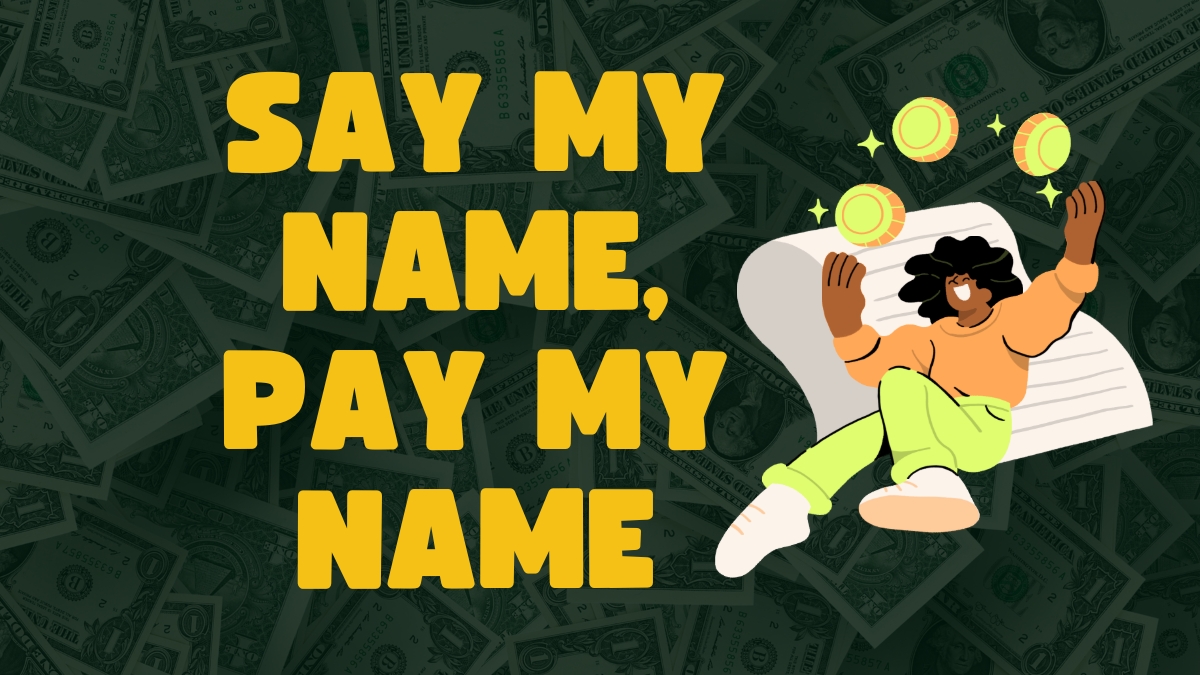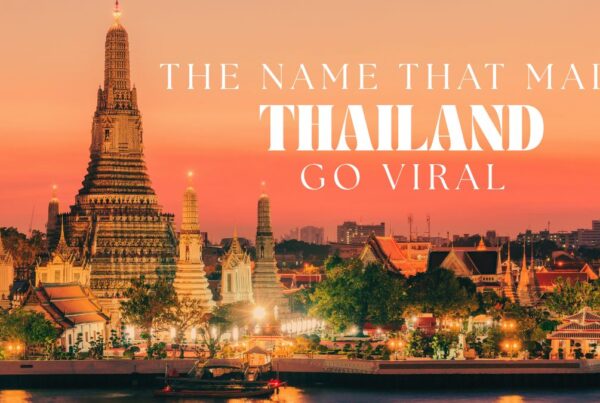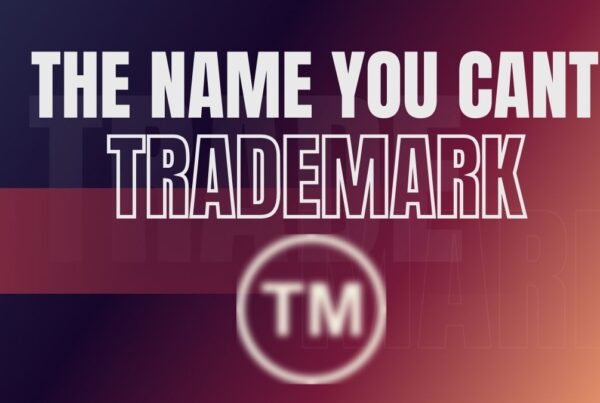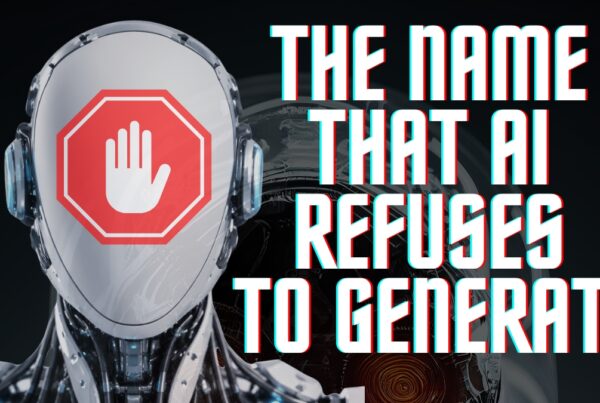How Celebrities License Their Names for Perfumes, Hotels, and Fast Food Meals
The Rise of the Celebrity Name Economy
A celebrity’s name has never been simply a label. Influence, ambition, and the promise of a lifestyle are all carried by it. Celebrities came to understand over time that their name alone could become a valuable asset, frequently worth more than a one-time performance pay. Athletes and movie stars alike have turned their public images into commercial empires by putting their names on everyday goods.
This tactic has grown so common that a meal, cologne, or footwear bearing a well-known person’s name immediately conveys cultural legitimacy. When customers purchase a product, they are also purchasing access to the celebrity’s aura.
Perfumes: The Original Celebrity Licensing Machine
The most well-known application of this strategy is perhaps the celebrity fragrance industry. With her fragrance White Diamonds, one of the most popular celebrity scents ever, Elizabeth Taylor established a new standard in the 1980s. Numerous celebrities followed her triumph. Beyoncé, Ariana Grande, Britney Spears, and Rihanna all developed multimillion-dollar fragrance brands that complemented their own brands.
What makes perfume so effective? The luxury is reasonably priced. Some people can purchase a bottle of scent that offers a connection to a celebrity’s identity, even if they are unable to attend a performance or don a couture gown. It’s a means for fans to express that they’re a part of their universe.
Hotels and Hospitality: From Stage to Suite
Celebrities have expanded their brands into the tourism and leisure industries in addition to perfumes. Consider Robert De Niro’s Nobu Hotels, which blend upscale dining with warm service. Long before she became well-known due to reality TV, Paris Hilton built a hotel empire with her last name. Fans who desire an experience that seems connected to a celebrity lifestyle rather than just a product are frequently drawn to these efforts.
Celebrity-named hotels and resorts offer exclusivity, elegance, and uniqueness. Even for a few days, guests experience what it’s like to be a celebrity. What separates celebrity-driven hospitality is this emotional bond.
Fast Food and Everyday Eating: Stars at the Drive-Thru
The use of celebrities’ names in fast food partnerships has been one of the most significant cultural changes in recent years. In 2020 and 2021, McDonald’s made news with their Travis Scott and BTS meals, respectively. These temporary promotions turned into cultural events that sparked viral social media campaigns, memes, and even resale of branded packaging.
These collaborations are brilliant because they are easily accessible. Luxury markets are drawn to hotels and perfumes, but nearly anyone can afford a fast-food partnership. It transforms ordering a burger or fries into a fandom activity, giving consumers the most ordinary method to feel connected to their favorite celebrity.
Why This Strategy Works
Because names are both highly recognizable and quite personal, celebrities use them to their advantage. Trust, ambition, and an image that cannot be created in a marketing lab are all carried by a name. Fans become loyal when they see a name they adore. When a product has been recommended by someone they look up to, they are more likely to try it.
This is a quick route to relevance for brands. They may instantly grab attention by using a celebrity’s reputation rather than investing millions in advertisements to establish credibility. Celebrities profit off their fame, and corporations expand their audience in a win-win situation.
The Risks of Licensing a Name
But not all name licensing agreements are successful. Fast food partnerships soon fade, hotels struggle to meet luxury standards, and certain perfumes fail. Products associated with a celebrity’s name also suffer if their reputation is damaged. If the product fails to live up to the promise of its name, customers might feel deceived.
This begs the question of how much a celebrity’s continued relevance affects a name’s worth. Short-term success can be secured by licensing agreements, but the brand might not last if there is no cultural lasting force.
Future Frontiers of Celebrity Name Licensing
In the future, it’s probable that celebrity name licensing will spread to new markets like virtual reality, cryptocurrency tokens, and AI-powered personal assistants. Consider downloading a celebrity-branded AI companion that speaks to you in their voice or going to a virtual concert held in a “Drake Metaverse Arena.”
Since the real product isn’t just the dinner, hotel, or perfume, the possibilities are endless. Identity is the product. Additionally, there will always be new sectors willing to accept a piece of celebrity identity as long as people desire to borrow it.
The Consumer Psychology Behind Buying a Celebrity Name
Why would someone purchase a burger or perfume just because it bears the name of a famous person? Psychology has the answer.
When fans feel a personal connection to a famous person even if they have never met them, they form what researchers refer to as parasocial interactions. This creates a feeling of closeness and confidence. When a celebrity releases a fragrance, fans see it as a means of embodying the celebrity’s personality rather than just a perfume. The item turns into a sign of acceptance into the celebrity’s world.
There is also the element of exclusivity. There is a sense of urgency created by limited-edition launches, seasonal partnerships, or temporary campaigns. Customers wish to signify their involvement in a cultural event, own a piece of history, and document the moment. There was more to McDonald’s “BTS Meals” than just chicken nuggets. It was about joining a worldwide fan community.
Another layer is added by social validation. Wearing a trademark scent, tweeting about a branded meal, or carrying a celebrity-branded purse are all ways to show your identity to your peers. Celebrity products are used by people to show their taste, status, and sense of community. Storytelling through consuming is what it is.
This explains the success of celebrity licensing. It goes beyond a simple transaction. It is an emotional purchase driven by social significance, exclusivity, and admiration.
The Risks and Pitfalls of Celebrity Name Licensing
Although it can result in huge profits, licensing a celebrity’s name carries certain risks. Not all partnerships are successful, and some may even harm people’s reputations.
Overexposure is one concern. A celebrity’s brand may be weakened if they appear on too many things bearing their name. Instead of viewing the name as a sign of quality, audiences may begin to view it as a money grab. The appeal of exclusivity is lost when the market gets overrun with food products, apparel brands, and perfumes.
A disconnect between the product and the celebrity is another hazard. Customers are able to tell when a partnership feels forced. Audiences may doubt the authenticity if a singer without any fashion qualifications introduces a clothes brand, or if a fitness-focused celebrity abruptly endorses fast food. Poor sales and even backlash may result from this misalignment.
Public image danger is another concern. Products carrying a celebrity’s name may be directly affected by a scandal involving them. A restaurant or fragrance associated with a celebrity who is embroiled in controversy or legal issues may suddenly lose value. When public opinion changes, brands that depend too much on the name of a single person may be at risk.
Last but not least, temporary hype is a frequent problem. A lot of partnerships are bright and fade quickly. Even though initial sales could increase, a well-known brand alone won’t guarantee long-term success. It requires high-quality products, effective marketing, and continued relevance.
These dangers show how effective yet fragile celebrity name licensing is. A brand can be created by a name, but if done incorrectly, it can also be destroyed.
The Future of Celebrity Name Licensing
Celebrity licensing is a rapidly changing industry. As technology transforms the way fans engage with public people, new avenues for name monetization are opening up.
In virtual environments, digital licensing is one of the most exciting new areas. As virtual reality platforms and the metaverse gain popularity, celebrities are starting to license their names and likenesses for use in digital experiences. Consider going to a virtual concert where the entire event including the branded merchandise occurs in a digital environment. A celebrity’s name is associated with a completely immersed identity in this setting rather than a scent or food.
The employment of AI-generated celebrity voices and avatars is another trend. Celebrity digital copies are already being produced by some businesses for entertainment or promotion. In the future, the rights of a celebrity’s hologram likeness or AI voice model might be included in licensing agreements. Although this might lead to new sources of income, it also brings up moral concerns around overuse, authenticity, and permission.
Micro-celebrities and influencers are also altering the rules. The licensing industry used to be controlled by traditional stars like musicians and actresses, but today’s social media innovators are able to successfully license their identities to specialized audiences. A YouTube gamer may license their name to a headset manufacturer, or a TikTok influencer may start a snack brand. These smaller deals may not generate billions, but they build stronger connections with highly loyal communities.
Finally, sustainability and ethics are becoming key to the future of celebrity licensing. Consumers increasingly expect stars to align their name with products that are eco-friendly, socially responsible, and authentic to their personal values. The next generation of fans is quick to call out greenwashing or empty branding, which means future collaborations will need to prioritize purpose as much as profit.
The future of celebrity name licensing will be shaped by technology, culture, and values. Celebrities who adapt to these changes will continue to transform their names into thriving businesses.
Conclusion
Celebrity names are now valuable assets. They have significance that millions of people can relate to, whether they are printed on fast food boxes, carved into hotel logos, or written on perfume bottles. Customers view these items as experiences that allow them to become closer to the celebrities they look up to, rather than just purchases.
“Say My Name, Pay My Name” is more than just a slogan. It depicts a genuine economic force in which names become brands and brands become culture. The question is not whether celebrities will continue to license their names as long as this trend persists, but rather where they want to take them.
Next, we turn to Name Theft Auto, where we examine how digital impersonation, data leaks, and AI-generated identities have turned the theft of names into one of the fastest-growing forms of cybercrime and what it reveals about ownership in the online age.




